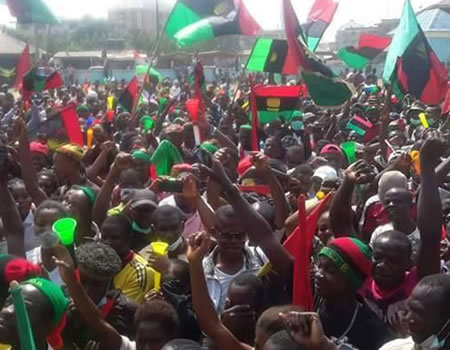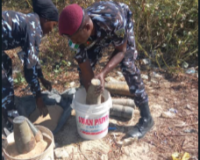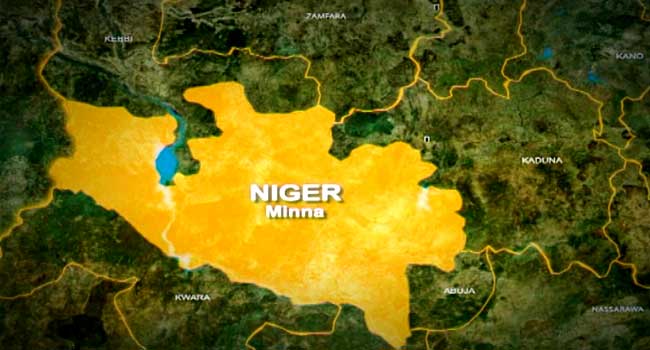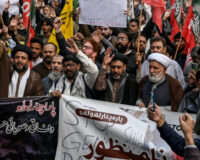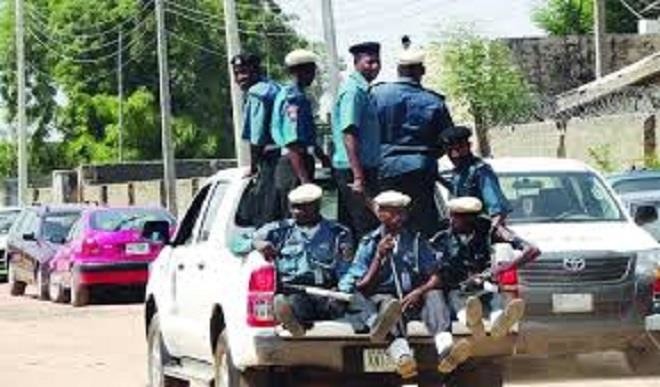By Kenechukwu Obiezu
THE human experience of change is one conceived and consummated in the crucible of conflict. Change has hardly ever happened without some form of conflict, whether it rages within humans and systems or spills outside to pull others in.
Statis has ever been hardly culled without the conspiracy of the crucible. Thus, it is by conflict, by some sort of struggle, that the silk of some of man‘s finest feats have been spun. This is no less true of the making of countries.
In 1914, Lord Lugard sat all by himself and crafted out of the Northern and Southern protectorates a contraption of convenience he called Nigeria. It was a cataclysmically shortsighted move. On October 1, 1960, after more than half a century, the chains of colonialism meekly retreated from the wrists of Nigeria. But things did not hold together for long. A succession of military coups that started in 1966 finally broke the fragile reed of a tenuous union.
With the trumpet of tumult finally tooted by treachery, the stage was set for a bloody civil war which claimed over a million casualties many of them children who perished as the pangs of hunger left their tender entrails in tatters. A peace of the graveyard was restored in 1970 and the country remained as one after a conflict that no one side had particularly won.
However, to say that across the physical and mental divide between the South-East and the rest of Nigeria, it is daggers that are drawn is to put it mildly. The war ended in 1970 but the cauldron of discontent and mutual suspicion has never ceased. With the region now crying out for its turn to give Nigeria a president, ancient animosities are being arrayed once again.
The calculations about the 2023 elections are fairly recent. What is not is the IPOB – Indigenous People of Biafra, a group which ultimately seeks to midwife a country called Biafra whose status stoked the civil war of 1967-70.
It takes little to make out the IPOB‘s approach towards achieving its nebulous aims. What little there is of the group shows that it is by an iron fist that it seeks to wrestle the South-East from Nigeria and bring the region under its control. The signs stand everywhere and are indeed ominous that the hand the IPOB brings to the table is one that bears an iron fist. It is under its bootheels that the organisation seeks to subdue the South-East.
The catalogue of crimes by the IPOB in the South-East has continued to grow. Almost every day in the South-East, people are killed and public buildings set ablaze. It has become commonplace for people to be abducted. Criminal activities hitherto unheard of no longer make the news in the South-East. The avalanche of deaths and destruction started from the day the IPOB began to systematically disembody the security architecture of the region.
There is also the noisome sit-at-home which is observed every Monday. It has continued with little change in spite of the IPOB‘s strident insistence that it has washed its hands off the weekly ritual now grinding down the patience and provisions of a region whose people live for trade.
When in 2021, the leader of the IPOB, Mr. Nnamdi Kanu, was so easily picked up in Kenya and bundled back to Nigeria in humiliating circumstances, many Nigerians rightly questioned the intelligence of an organisation whose leader could be so easily captured.
Instead of asking itself hard questions and putting its house in order, the IPOB has resorted to ripping up the South-East in a bid to draw attention to its cause and draw the Federal Government into a conflict. Unsurprisingly, notoriously reticent government which considers the group a terrorist organisation has paid only deaf ears.
The desperation of the IPOB to force issues in the South-East gives the organisation away as a poor student of history, a group removed from the yearnings of people, and at worst a group of criminals who having failed to make anything out of their miserable lives see their twisted idea of freedom-fighting as an ideal escape.
It is not clear for how long the congregation of crocodiles which make up the IPOB wants to keep up its bloody charade. However, the IPOB must clearly and loudly read the message unfortunately scrawled in the blood of the people it supposedly seeks to emancipate, and it is that no true legitimacy can be conferred at the tip of the lance.
By turning the South-East into a killing field, the IPOB already considered a terrorist organisation by the Federal Government will only continue to alienate the people it crucially needs on its side.
When this happens, as it soon will, the IPOB will find itself completely alone as the pelting rains of history pounds it into the mud of irrelevance and ignominy.
Obiezu, a public affairs analyst, wrote via: keneobiezu@gmail.com

